Category: Blog
Wisdom for Teams #24


—
“That’s what I consider true generosity. You give your all, and yet you always feel as if it costs you nothing.”
—
SIMONE DE BEAUVOIR (1908 – 1986), French writer, existentialist philosopher, political activist, feminist, and social theorist.
Wisdom for Teams #23


—
“Without the understanding that we need a particular form of aid at every crucial threshold in our lives, and without the robust vulnerability in asking for that help, we cannot pass through the door that bars us from the next dispensation of our lives.”
—
DAVID WHYTE (Born 1955), Anglo-Irish poet; His writing explores the timeless relationship of human beings to their world, to creation, to others, and to the end of life itself.
How’s Your Psychological Immune System?


Photo by Zachary Kadolph on Unsplash
I recently listened to a guided meditation where William B. Irvine, an expert in Stoic philosophy, explained the idea of a psychological immune system. Imagine Billy, a child who grows up never being exposed to anything unpleasant, never receiving any bad news, never criticised or insulted, and always having someone solve his problems. What will happen to the adult Billy when he goes out into the world? How will he deal with setbacks?
—
Whereas the biological immune system protects us from sicknesses caused by germs, the psychological immune system protects us from the unpleasant emotions that are triggered by life’s setbacks.
—
The world is imperfect, which means shit will happen. So it seems wise to strengthen our psychological immune system in order to better deal with setbacks. How can we do this?
- Psychological vaccination: Irvine suggests we regularly use the Stoic technique of entertaining negative thoughts, like imagining losing something or someone. Or recognising that our lives could be much worse and imagining what that would look like. He says we don’t want to dwell long on these negative thoughts, but for it to be flickering moments. These thoughts work like a vaccine, preparing our psychological immune system for life’s setbacks. Another Stoic technique he recommends is called “the last time”. I talk about it in this video here.
- Psychological exposure: Another way to develop our psychological immune system is to expose ourselves to “germs”. This means deliberately moving out of our comfort zone, and doing things that are physically and/or emotionally uncomfortable. For some people, karaoke in front of a big crowd will do the trick.
—
In what shape is your psychological immune system? A good measure is how often you feel outraged or lose control to anger. Another is the average mood of your mind. Is it tranquility and confidence, or agitation and anxiety?
—
It’s naive to think we’ll live without setbacks. Preparing for them by strengthening our psychological immune system is the wise thing to do.
Wisdom for Teams #22


—
“Why not whip the teacher when the student misbehaves?”
—
DIOGENES THE CYNIC (412 or 404 – 323 BCE), Greek philosopher and one of the founders of Cynic philosophy.
Why Does Anger Make Us Angry? Is Sam Harris Wrong?


Photo by Uriel Soberanes on Unsplash
When anger gets the best of us, we can easily get angry at ourselves and others. What is happening here? In essence, we’re judging our emotions. We consider some good and some bad; some positive and some negative, some acceptable and some not.
In a decade of training teams in organisations, I’m yet to meet someone who does not consider anger to be negative. Even renowned experts in the field, like philosopher and neuroscientist, Sam Harris, consider anger a negative emotion.
—
We get angry at anger because we think it’s negative. Is it?
—
I’ve been following Sam closely for the past three years through Waking Up and some of his publications. He’s got an amazing mind. I am thankful for his dedication to helping us live better lives. On the issue of anger being a negative emotion, I think there is a distinction to be made.
Some emotions may be unpleasant, but does that make them negative? What would happen if we did not feel disgust at the smell of milk gone bad? What would happened if we did not feel fear when startled by a spider? These emotions, though unpleasant, avoid a great deal of pain and sometimes even death.
—
Not all unpleasant emotions are negative.
—
When emotions have a purpose we are better off labelling them as pleasant or unpleasant rather than positive or negative. Does anger have a purpose? Anger prepares us to fight off threats. It gives us energy and determination to face the threat so as to ensure our wellbeing.
It is true that our brain has not evolved at the speed of our civilisation. This means that we can sometimes feel anger in situations where our life is not being threatened. The question then becomes: How do we deal with anger in order to reach a desirable outcome?
—
What is sometimes negative is the way we deal with anger.
—
When we react to our anger, instead of responding to it, chances are the outcome will be undesirable. Responding means recognising the presence of the emotion, identifying what might be triggering it and addressing the issue so as to reach the most desirable outcome.
Let me be clear: I OFTEN fail to respond in a desirable way. Other times, I do manage anger in the direction of desirable outcomes. Either way, I cannot see how thinking of anger as a negative emotion in-and-of itself will help. On the contrary.
—
Thinking anger is negative is the first step to turning an unpleasant emotion into an undesirable outcome.
—
One the tenets of meditation traditions, from Zen to Stoicism, is equanimity, the ability to keep cool, especially in difficult situations. These traditions suggest we are closer to equanimity when we accept things for what they are without judging them.
When we accept anger for the unpleasant emotion it is and appreciate the important albeit limited role it plays, we might be closer to the desirable outcomes we aspire to.
Wisdom for Teams #21


—
“If the highest aim of a captain were to preserve their ship, they would keep it in port forever.”
—
Thomas Aquinas (1225 – 1274), Influential Italian philosopher, theologian, and jurist; a Dominican friar and priest.
Practising Persuasion

Since 2012 I’ve been coaching students at IESE Business School to improve their persuasive communication skills in a course taught by my friend, Professor Conor Neill.
As part of the onboarding of new coaches, this speech was an exercise in preparing the “Logos Based Speech”, a persuasive speech based on logic.
—
Video link: https://www.youtube.com/watch?v=7_Px2K-uc3M
Wisdom for Teams #20
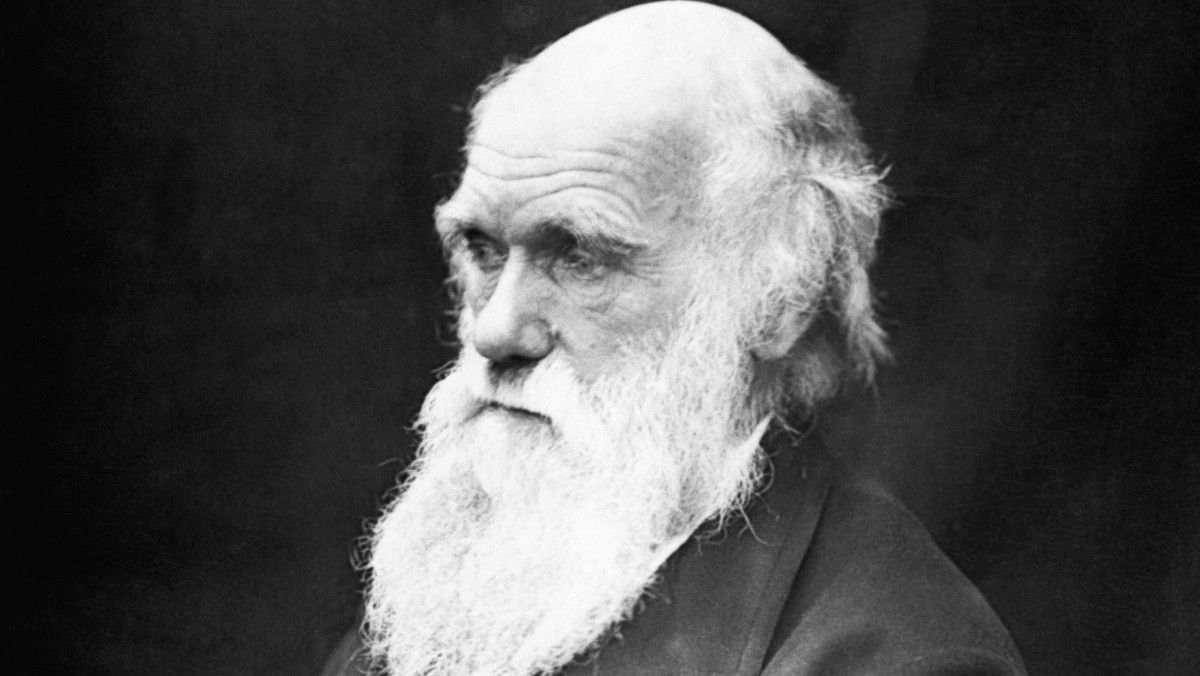
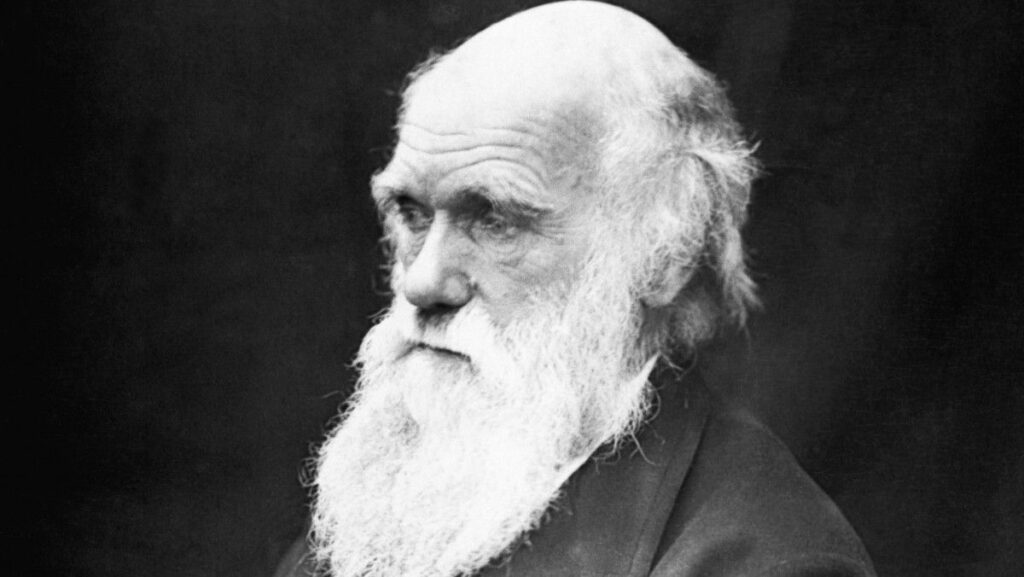
—
“It is the long history of humankind (and animal kind, too) that those who learned to collaborate and improvise most effectively have prevailed.”
—
CHARLES DARWIN (1809 – 1882), English naturalist, geologist and biologist, best known for his contributions to the science of evolution.
A Life Lesson From Computers
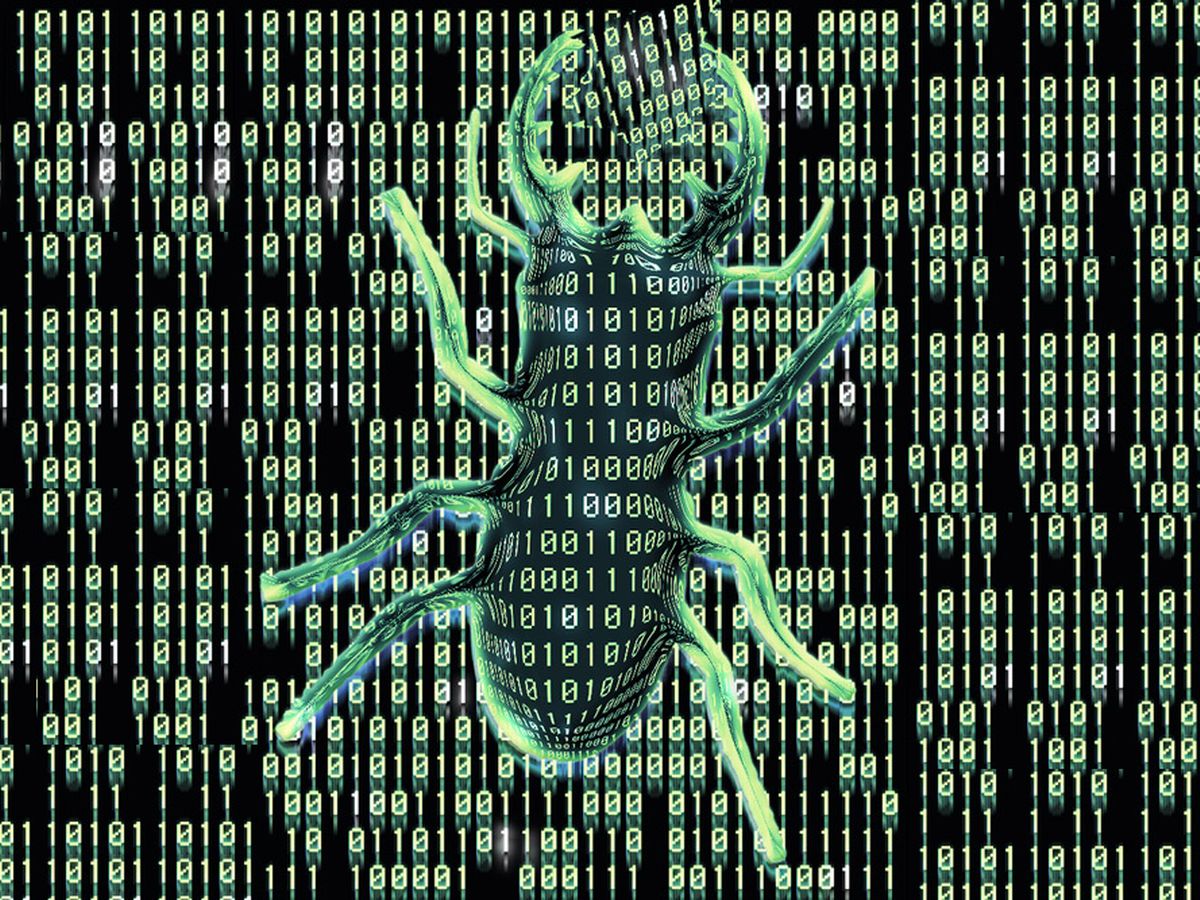
“Don’t put the bags on the bed. They have germs,” she said. The couple had just returned home from the mall. “I don’t get it,” he said, “the dogs spend the day running around in the garden and then they sleep on the bed. But the bags…?!”
—

—
Most computers run a single operating system. Most computers have bugs. Human brains run on three operating systems: reason, emotion, and instinct. Is it too big a surprise that we have bugs?
To nurture relationships in all areas of life we will want to embrace the occasional bug in people’s behaviour.
Don’t look for reason in what is emotional.
Wisdom for Teams #19
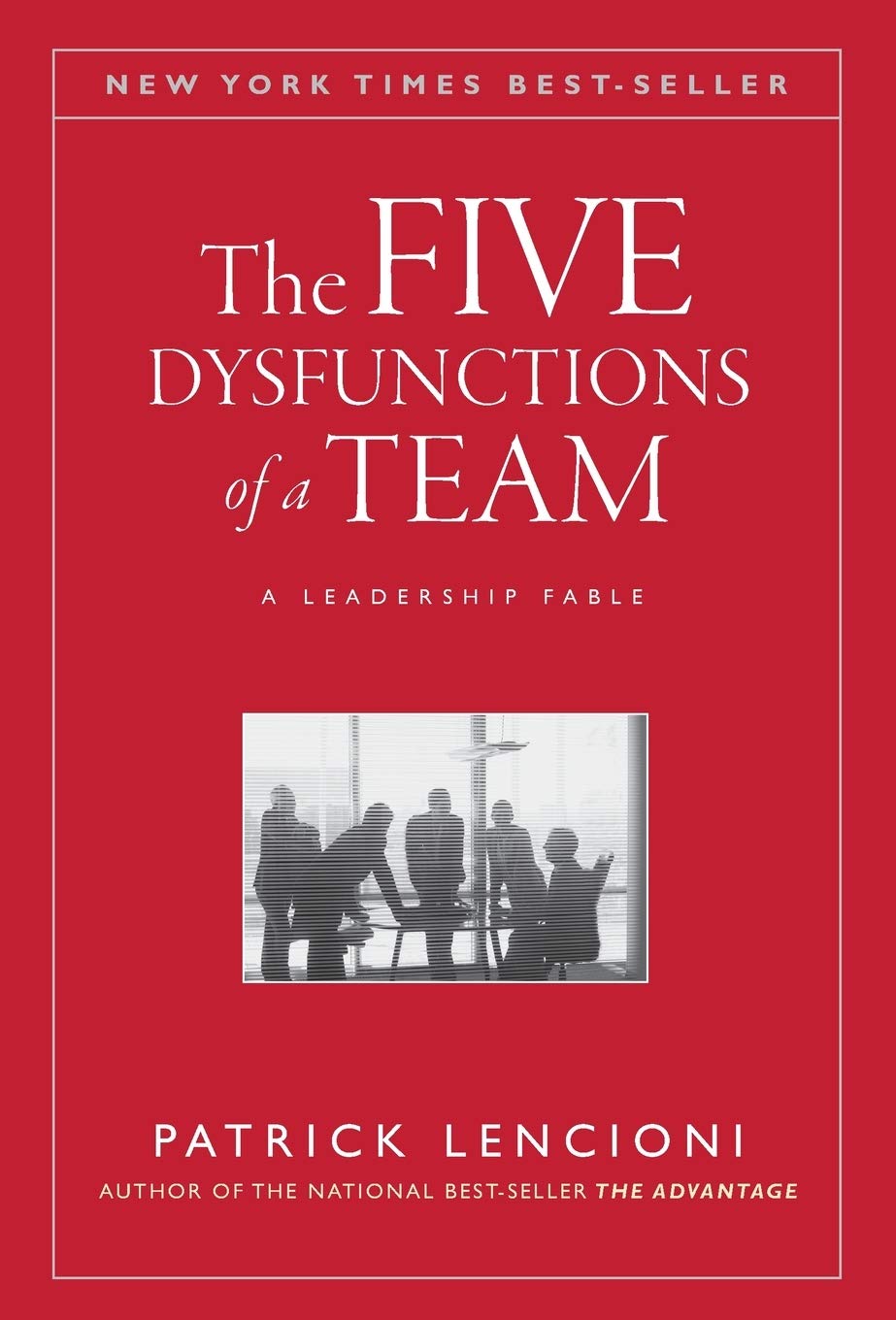
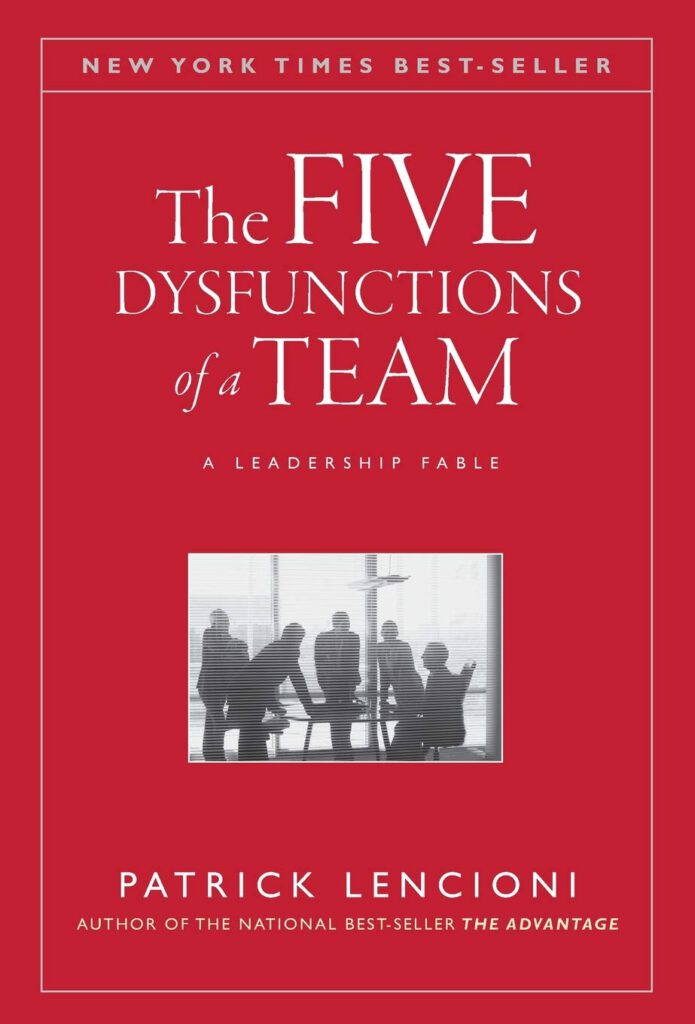
—
“Teamwork begins by building trust. And the only way to do that is to overcome our need for invulnerability.”
—
PATRICK LENCIONI (born 1965), American author and speaker on business management, best known for the book The Five Dysfunctions of a Team.

